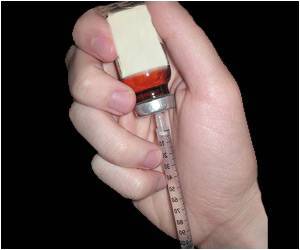According to a new study , administration of infliximab after intestinal resective surgery prevents recurrence of Crohn's disease.
The administration of infliximab after intestinal resective surgery was found to be effective at preventing endoscopic and histological recurrence of Crohn's disease, according to a new study in Gastroenterology, the official journal of the American Gastroenterological Association (AGA) Institute. To date, there have been no randomized controlled trials evaluating infliximab for postoperative Crohn's disease prevention.
"Our study provides strong evidence that infliximab is effective at preventing endoscopic, clinical and histological postoperative recurrence of Crohn's disease, and provides a rationale for aggressive postoperative chemoprevention with biologic therapy," said Miguel Regueiro, MD, of the University of Pittsburgh Medical Center. "We are encouraged by our findings, which warrant future study of the duration of post-operative infliximab maintenance and appropriate endoscopic follow up."Crohn's disease is an inflammation and ulceration process that occurs in the deep layers of the intestinal wall and commonly recurs after intestinal resection. Despite the advent of immunomodulator therapy, approximately 75 percent of Crohn's disease patients require an intestinal resection for complications.
Researchers randomly assigned 24 Crohn's disease patients who had undergone ileocolonic resection to receive intravenous infliximab (5 mg/kg), administered within four weeks of surgery and continued for one year, or placebo. The study's research team elected to use endoscopic recurrence at one year as the primary study endpoint. Secondary endpoints were clinical recurrence and remission and histological recurrence.
At one year, the rate of endoscopic recurrence was significantly lower in the infliximab group (9.1 percent) compared to the placebo group (84.6 percent). There was a non-significant higher proportion of patients in clinical remission in the infliximab group (80 percent) compared to the placebo group (53.8 percent). The histological recurrence rate at one year was significantly lower in the infliximab group (27.3 percent) compared to the placebo group (84.6 percent).
Source-Eurekalert
PRI/SK









